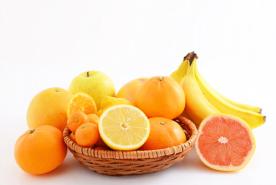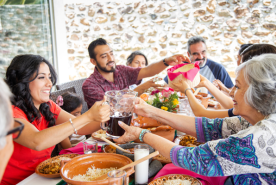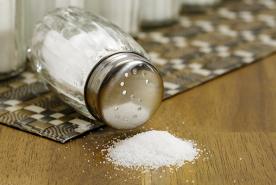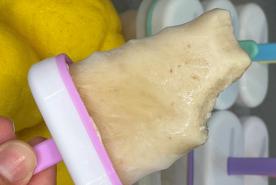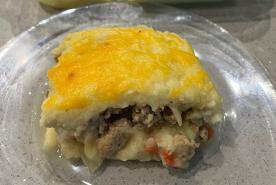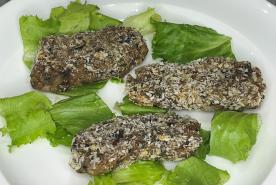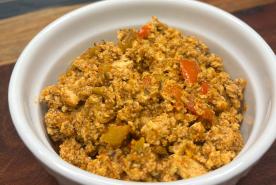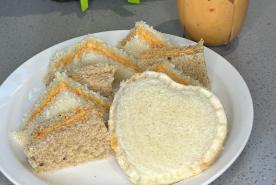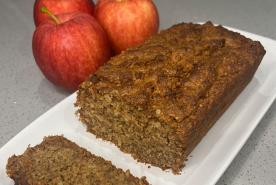August 12, 2014
 How Well Do You Know Your H2O?
How Well Do You Know Your H2O?
Water, or H2O, is essential to life. It performs many important functions in your body like flushing out toxins, transporting nutrients and regulating body temperature.
Each year, Americans spend billions of dollars buying bottled water. If you walk through the beverage aisle in the supermarket, the number of choices can be overwhelming and confusing. Are you buying a drink that is good for you or is it actually more like a soda in disguise? Learn what to look out for to make healthy water and drink choices! Here are 4 tips to help you navigate the beverage aisle.
- Coconut water appears to be the "it" drink of the moment. Be aware that coconut water contains significant levels of potassium and sodium, as well as other minerals. If you do choose to drink coconut water, go for the 100% natural, unflavored version. Flavored coconut water can contain many extra calories from added sugar.
- Sports drinks may be packed with carbohydrates (sugar) and electrolytes like sodium and potassium. They may also contain artificial sweeteners. Some sports drinks can have as many as 300 calories per bottle, so read the labels and choose carefully!
- Flavored waters often contain sugar, caffeine, sugar substitutes and artificial flavorings. They may also be high in phosphorus. An article published last year in American Journal of Kidney Diseases suggests that cutting back on phosphorus (in addition to dietary protein) may reduce your risk for developing kidney disease.
- Many people buy bottled water because they assume it is safer than tap water. Fact or fiction? According to Mayo Clinic, "tap and bottled water are generally comparable in safety"; however, some may people may be more at risk to getting sick from contaminants in drinking water. If you are undergoing chemotherapy, living with HIV/AIDS or have had a transplant, you may be in this group. Those at increased risk may also include pregnant women, the elderly and children. Talk with your health care provider to see if any additional precautions like boiling tap water should be taken.
The bottom line: read the labels and check the calorie counts of all drinks that you buy. Regular tap water may be the best and most cost-effective choice for you. If you don't love the taste and want to add flavor to plain tap water without using unnatural ingredients or packing in an excessive number of calories, try adding fresh fruit (watermelon, lemon, lime or cucumber) or a small amount of 100% fruit juice.
